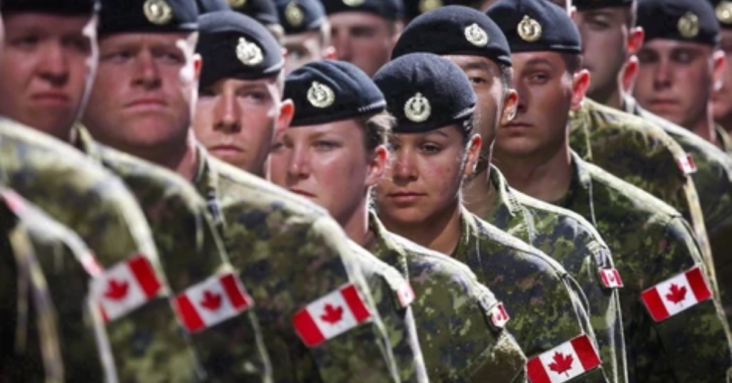
Filed in federal court last week, the court action demands $1 million in damages for each of the 329 plaintiffs, plus declarations that mandating COVID shots for CAF members violated the rights of Canadian military members, plus punitive recompense.
Catherine Christensen of Edmonton’s Valour Legal Action Centre told the National Post the suit has less to do with COVID-19 and more about addressing concerns within Canada’s top military leadership, and acts she described as both malicious and unlawful.
“This is not about COVID-19, this is about a corrupt chain of command that thinks they are untouchable and above the law.”
The statement of claim specifically names as defendants Minister of Defence Anita Anand, Chief of Defence Staff Gen. Wayne Eyre, Vice Defence Staff Chief Lt.-Gen. Frances Allen, Surgeon General Maj.-Gen. J.G.M. Bilodeau, Judge Advocate General Rear Adm. Geneviève Bernatchez, and others.
In response to inquiries by the National Post, a Department of National Defence spokesperson said DND doesn’t comment on potential legal action.
While COVID-19 vaccination isn’t mandatory for joining the Canadian Forces, the spokesperson said members are “strongly encouraged” to do so.



